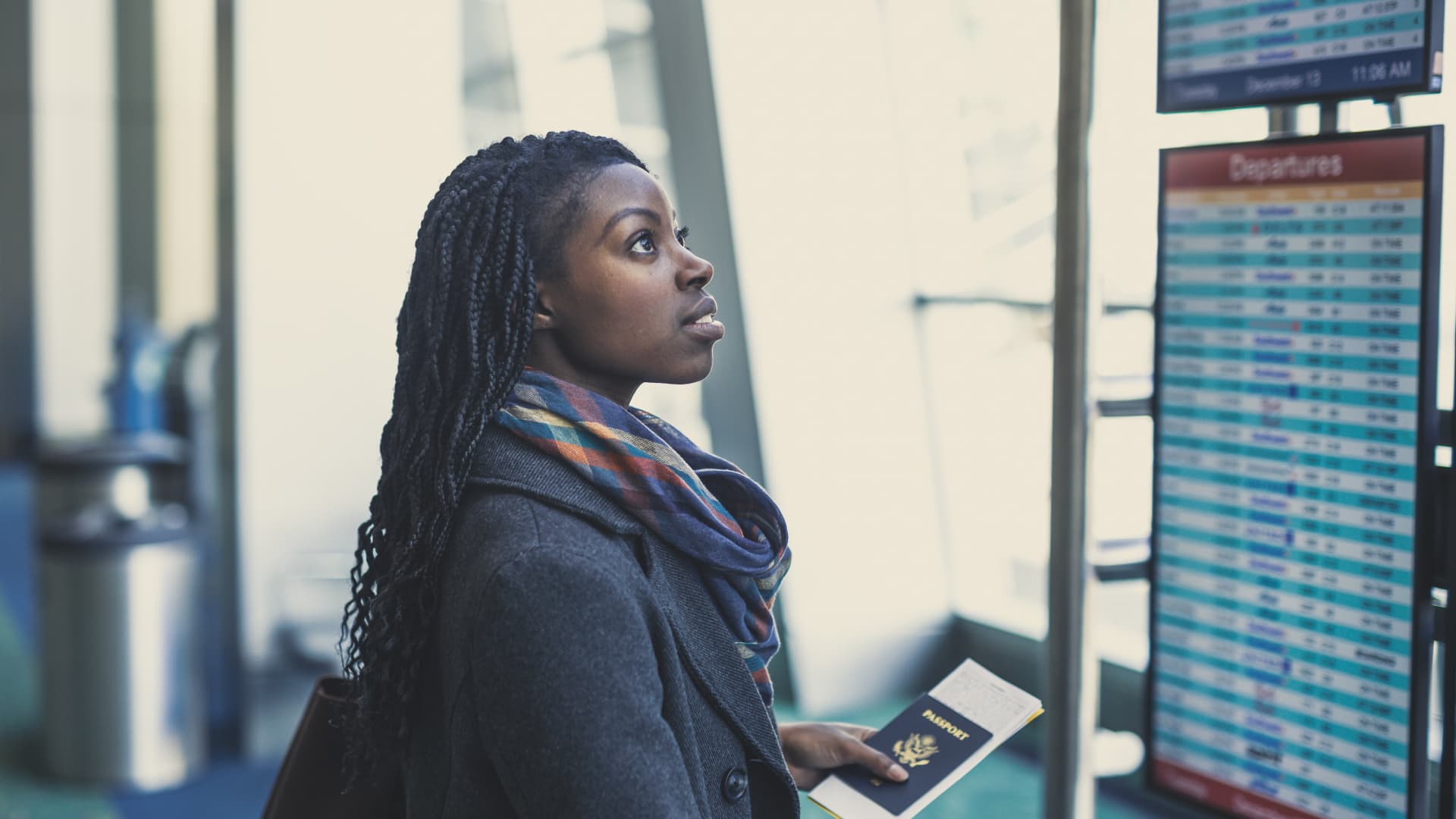As prices creep up, some people have decided against getting a new outfit, delayed big purchases like TVs or cancelled Netflix accounts.
But for now, they’re still splurging on beauty.
For retailers, the beauty category has become a rare bright spot as people pull back on spending amid surging inflation. Often seen as an affordable luxury, it is the only discretionary retail category with rising unit sales in the first half of the year, according to The NPD Group, which tracks categories including clothing, tech and toys, as well as beauty products at specialty and department stores.
“You may not be able to go out to eat out as much, but you can buy yourself a lipstick,” said Olivia Tong, an analyst for Raymond James.
This spring, Target called out the strength of its beauty sales, even as it twice cut its profit outlook for the year. Walmart is also investing in the category and rolling out new beauty displays to hundreds of stores, despite its warnings that shoppers are skipping over discretionary categories like apparel.
Other factors work in the industry’s favor, too. Weddings and parties have picked up again. More people are heading back to the office, and can no longer hide behind their Zoom filters. And during the pandemic, some people got in the habit of pampering themselves at home with face masks, hair treatments and other beauty products.
Larissa Jensen, a beauty analyst for NPD, called it the return of the “lipstick index” — a term made famous by Leonard Lauder, chairman of the board of Estee Lauder, to explain climbing sales of cosmetics during the recession in the early 2000s.
As consumer sentiment has fallen, lipstick sales volume has climbed, Jensen said. That increase has carried over to other beauty products. Makeup sales, including lipstick, are up 20%, skincare is up 12%, fragrance is up 15% and hair care is up 28% for the first half of the year — and they are all growing in units, as well as dollars, she said.
Much of the beauty category’s growth is coming from households that earn over $100,000 a year, and Jensen said discounters may have a tougher time capitalizing on the trend. Still, beauty’s resilience could provide some cushion for big-box retailers in a slowdown − if they can figure out how to cash in.
Beauty at $3, $5, $9
Walmart and Target both cut their profit forecasts after having to mark down prices on apparel, home goods and other products that aren’t selling. Yet both companies are refreshing their beauty departments and adding new brands to attract customers.
A year ago, Target began opening hundreds of Ulta Beauty shops inside of its stores with brands including MAC Cosmetics and Clinique. The company plans to add more than 250 this year and eventually have the shops at 800 locations, representing about 40% of its U.S. footprint.
And after seeing fragrance become the biggest sales-driver in prestige beauty during the last holiday season, it also added popular fragrance brands to the Ulta shops, including Jimmy Choo Man, Juicy Couture and Kate Spade New York.
Since January, Target has introduced more than 40 brands to its stable of beauty products, including “clean” products that are free of certain ingredients and Black-owned and Black-founded brands.
On an earnings call in mid-May, CEO Brian Cornell said beauty saw double-digit growth in comparable sales in the fiscal first quarter versus the year-ago period. That broke from other categories, besides food and beverage and essentials, which saw a noticeable slowdown.
At Walmart, new beauty displays were set up this summer at 250 of the company’s locations, featuring Mario Badescu, Patchology and other brands typically found at specialty beauty shops or department store makeup counters.
A more affordable display called “Beauty Finds” also began rolling to nearly 1,400 stores, offering shoppers lip glosses, lotions and more for $3, $5 or $9.
Walmart has also struck exclusive deals with direct-to-consumer companies like Bubble, a skincare brand with colorful packaging and focus on Gen Z and young millennial customers. For the past few quarters, it has seen double-digit growth in its cosmetics business, said Creighton Kiper, Walmart’s vice president of merchandising for beauty.
“Beauty is this fascinating category where it’s not like food and it’s not like health and wellness, but yet the customer interacts and engages with it every day,” he said in an interview earlier this summer. “You’ve got this mental wellness component to it around confidence and feeling good about yourself.”
When budgets get tighter, Kiper said customers might also fall back on skills they gained during the pandemic — such as doing their nails or hair color at home — and go to Walmart to shop for an at-home twist on the salon.
Ashley Marie Lemons, a stay-at-home mom in suburban Atlanta, said her family is eating out less often because they’re spending more on groceries, diapers and other necessities. She said she cooks more meatless meals and buys hot dogs instead of pricier meats, such as ribs.
But she said she still allows herself to spend about $50 a month on beauty products like eyeshadow pallets and mascaras.
“It’s an outlet for me,” she said. “Some people like art. It’s a creative way for me to express myself.”






